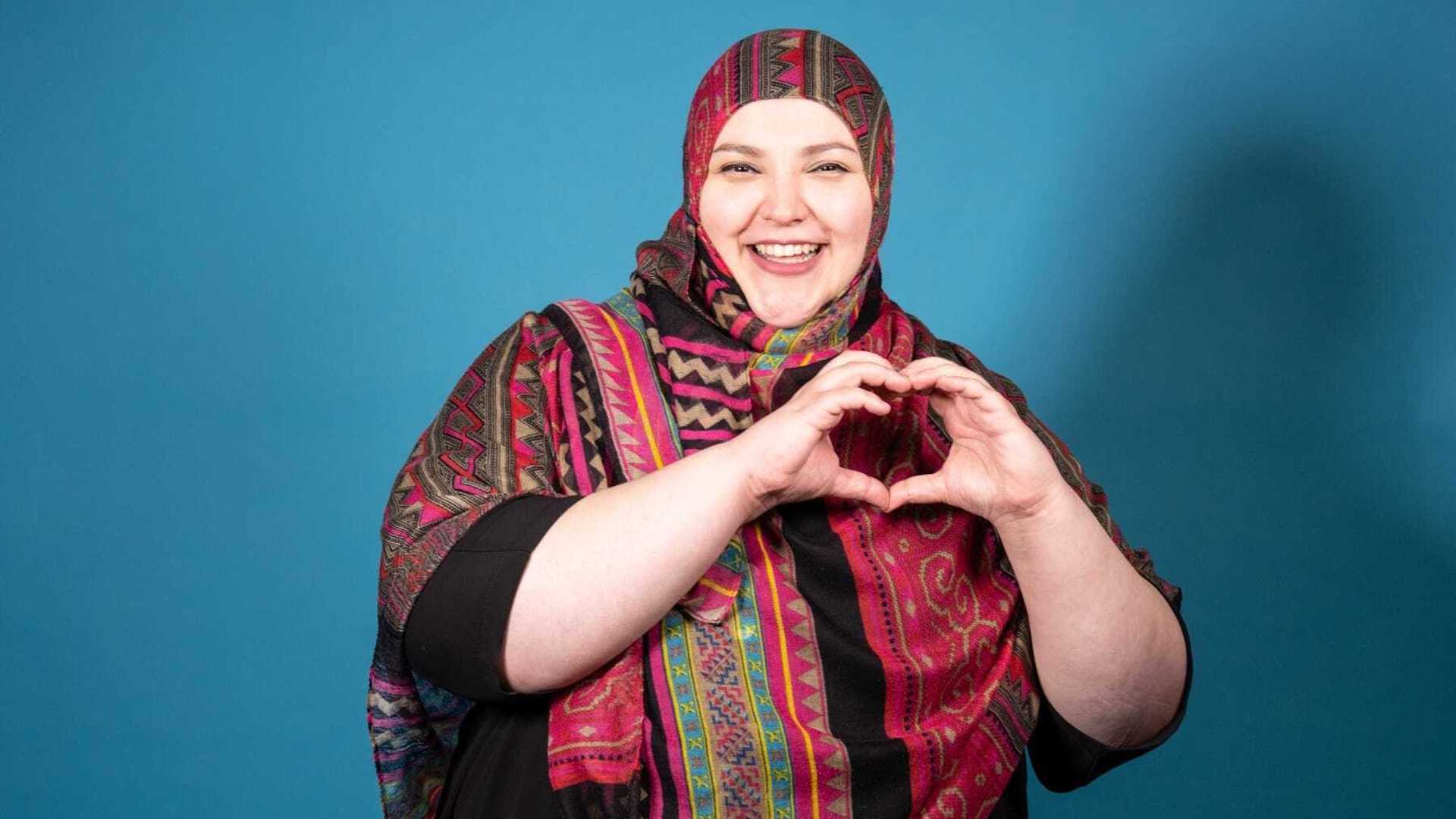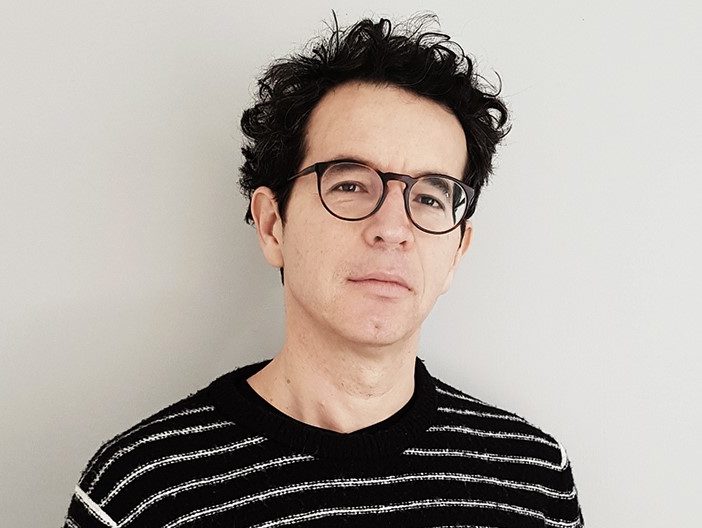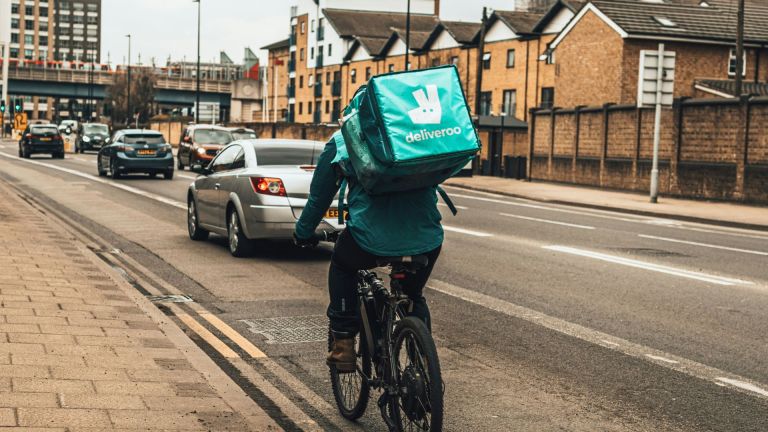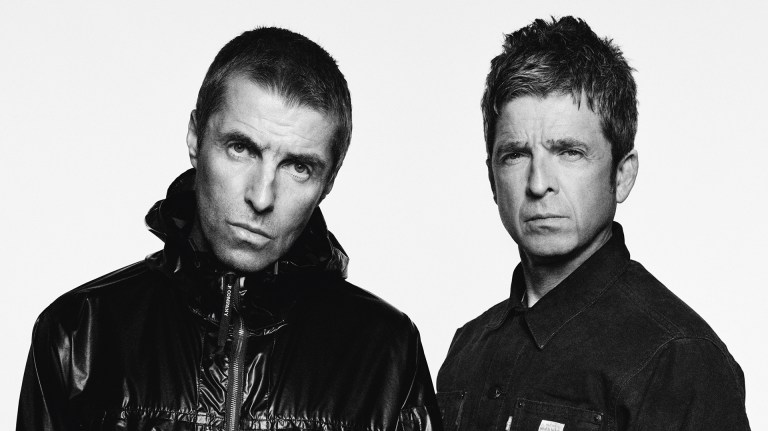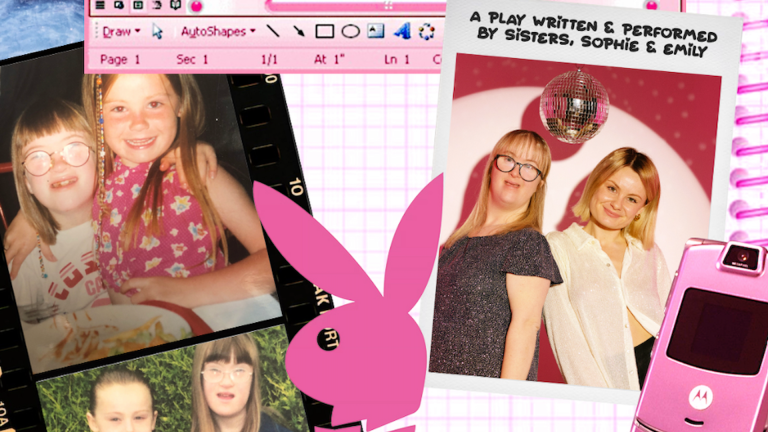It was in 1998, a few years after leaving Yugoslavia for London, that I came across a Refugee Week event on London’s Southbank, featuring musicians, spoken word artists, dancers and other performers from all over the world. The atmosphere was warm and exciting; the crowd friendly and engaged.
The performing artists were unapologetically cool, talented and confident – presenting a picture of refugees that was totally different from the ones presented by the British press at the time. To the young me, navigating the loss of my country and searching for ways to rebuild myself, this was a moment of connection, when I felt like I might have found a place, and a community, where I could belong.
I’ve been involved in Refugee Week ever since, eventually co-founding Counterpoints Arts – a national organisation for developing the arts by and about refugees and migrants, which is now also a proud coordinator of Refugee Week, an annual festival celebrating the contributions of refugees.
Through hundreds of arts, educational and community activities held across the country every June, Refugee Week is an opportunity for people from all backgrounds to connect and celebrate our shared communities, – and for those who have sought safety in the UK to share their experiences and perspectives in creative and often unexpected ways.
At the heart of this work is the belief that the arts can move, inspire and surprise us, but also help us better connect to one another.
This capacity of the arts to strengthen our connection to others and the world around us is, as I’ve experienced and many studies have shown, also an essential part of any process of healing, recovery and regaining hope. And this is something that has become especially and universally needed since COVID, which is partly what inspired us to choose the theme of ‘Healing’ for this year’s Refugee Week festival.
